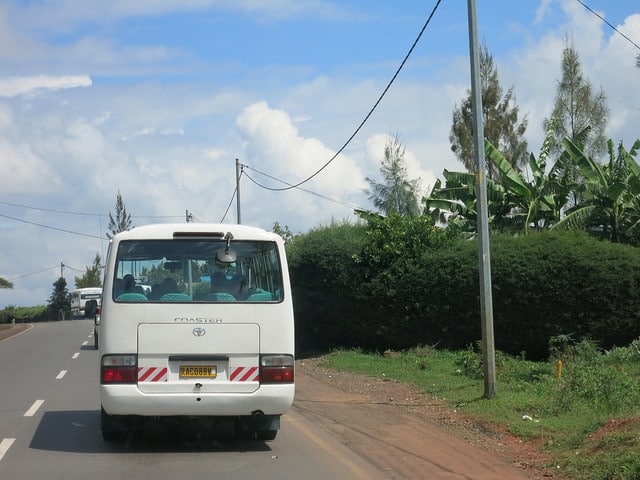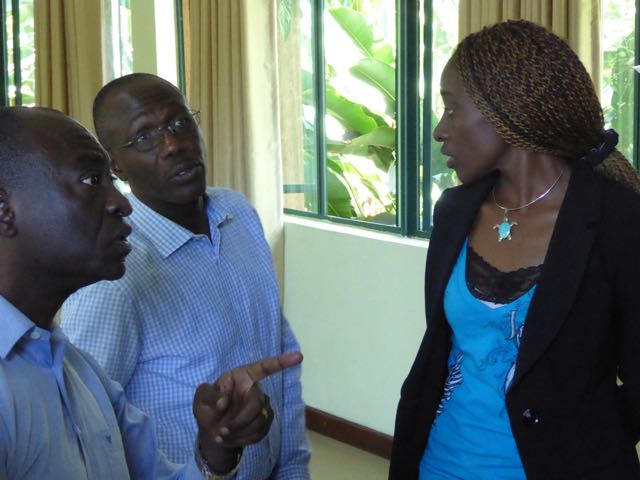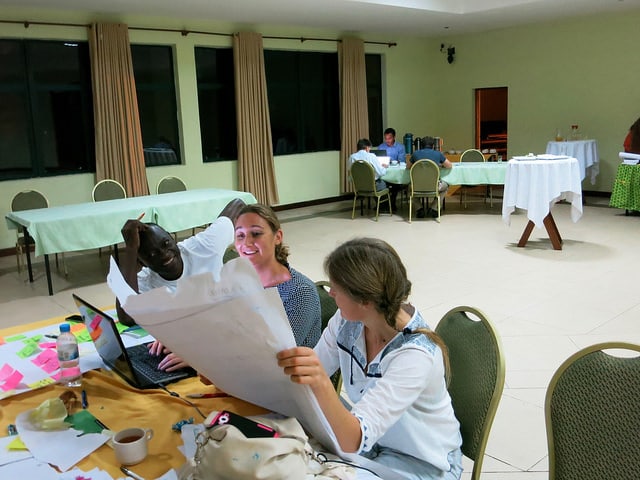UNECA Book Sprint on the Blue Economy
Africa’s oceans, rivers and lakes amount to three times the mass of the land of the 54 countries combined. However according to the emerging experts of the Blue Economy, the continent’s socio-economic development strategy of the continent has neglected the opportunities presented by all these bodies of water. Think fishing, aquaculture, shipping, tourism, energy and mining to name a few of the sectors which can flourish and provide new income, infrastructure and ultimately contribute to growth and sustainable development on the continent. According to Danny Faurethe, the Deputy President of the Seychelles, one of Africa’s island States which has already started harnessing the potential of the blue economy, “The Blue economy is Africa’s future.”
This week the United Nations Economic Commission for Africa (UNECA) has invited 14 experts in areas such as environmental sustainability and climate change, energy, tourism, fishing, law of the sea, and maritime security to produce a handbook for African States wishing to pursue a Blue Economy strategy. The handbook will demystify the blue economy concept and illustrate the opportunities and challenges, drawing on examples from countries such as South Africa, Mauritius, and Madagascar which have already been experimenting with the idea. Furthermore, the book will provide clear guidelines on how to develop and implement blue economy policies and mainstream the Blue Economy into national policies, laws, regulations and practice.
The Book Sprint, fittingly is taking place right on the shores of one of Africa’s great lakes, Lake Kivu, in Rwanda. The lake, a sprawling body of water between Rwanda and the Democratic Republic of Congo, is a tangible example of how water can be harnessed to provide benefits for structural transformation and development. Beyond Kivu’s fishing and shipping industries, a new biogas project, Project Kivuwatt, plans to extract the high proportions of methane gas in the lake and turn them into electricity for millions of people in Rwanda who live without it. If successful, this project will not only solve a developmental problem, it will also reduces the risk of an environmental disaster, sometimes called “lake overturn” or “lake explosion” which can result from such toxic levels of gas in the water.
More photos from the Book Sprint can be found on our Flickr page.



